Contact: Martha Waggoner | [email protected]
Bishop William J. Barber II, DMin, will travel to the Vatican Oct 3-4 to address a conference focused on ending poverty.
Bishop Barber, president of Repairers of the Breach and co-chair of the Poor People’s Campaign: A National Call for Moral Revival, will speak Monday at the conference hosted by the Pontifical Academy of Social Sciences on “coalition-building and bridging religious communities.”
“In his most recent encyclical, the Holy Father has made clear that the ‘magic theories’ of market capitalism have failed and that the world needs a new type of politics that ‘promotes dialogue and solidarity and rejects war at all costs,’” Bishop Barber said in a statement. “He agrees with the poor people of this nation: we need a moral revolution of values.”
Bishop Barber was invited by the Vatican through economist Jeffrey Sachs, who is co-hosting the conference.
This is Bishop Barber’s second trip to the Vatican. Pope Francis included some of his own remarks to the previous meeting in his most recent encyclical, “Fratelli Tutti.”
“It will be an especially meaningful time to be there on the feast of St. Francis, whose love for the poor the Holy Father embraced when he chose his pontifical name,” Bishop Barber said.
In addition to his work with Repairers of the Breach and the Poor People’s Campaign, Bishop Barber has also served as Distinguished Visiting Professor of Public Theology at Union Theological Seminary; the Vincentian Chair of Social Justice at St. John’s University and Mel King Fellow at MIT. His doctoral work was in pastoral care and public policy at Drew University.
As the Poor People’s Campaign: A National Call for Moral Revival continues to advocate for investment in anti-poverty programs in the U.S., this partnership with the Vatican provides an opportunity to lift the voices of poor and low-income people who are too often ignored in public conversations about the cost of government programs.
While the global church has stood with poor people in different ways at different times throughout history, the unified witness of a church that stands with the poor and refuses to let governments blame poor people for the results of systemic injustice is critical to a moral economy.
